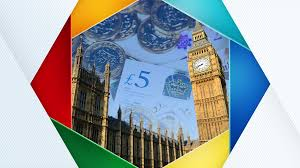A Declaration of Trust, also known as a Deed of Trust, relates to property which is jointly owned and is a legally binding agreement setting out the financial arrangements between the owners and any other interested parties.
What is it for?
Having a Declaration of Trust on a property provides stability for the future and removes any uncertainty around what will happen financially when the property is sold or when one owner wants to be bought out. It makes sure that each person gets back what they put in and are entitled to, avoiding any disagreement.
If you are taking one out, it is essential to hire the services of a legal expert and there are many firms such as https://www.parachutelaw.co.uk/deed-of-trust that can do this and ensure that the agreement is legal. Rather than just stating who owns the property on the title deeds registered with the Land Registry, a Declaration of Trust sets out what proportion each owner has contributed.
Who are they for?
You can be a joint tenant of a property, which means that you and your partner own equal shares in it and have the same rights when it comes to selling it. If one of you passes away, the whole of the property passes to the surviving partner.
You can also be tenants in common, where each person owns different portions of the property. Each tenant can leave their share to someone else as a beneficiary in their will.
The Citizens Advice Bureau Recommends that couples who are not married or in a civil partnership make a Declaration of Trust as part of a cohabitation contract, ensuring the property is fairly shared in case of break-up.
What is the process?
Before entering into a Declaration of Trust, you must be certain that you want to share ownership of a property and have calculated all the costs involved. One of you may have contributed more to the deposit or have paid for renovations which should be taken into account. It should include what each party is entitled to if the property is sold, how the mortgage, council tax and utilities are to be paid and who is to pay for solicitor’s costs and stamp duty. Declarations of Trust are usually created when a property is being purchased, but can be created at a later stage too.


